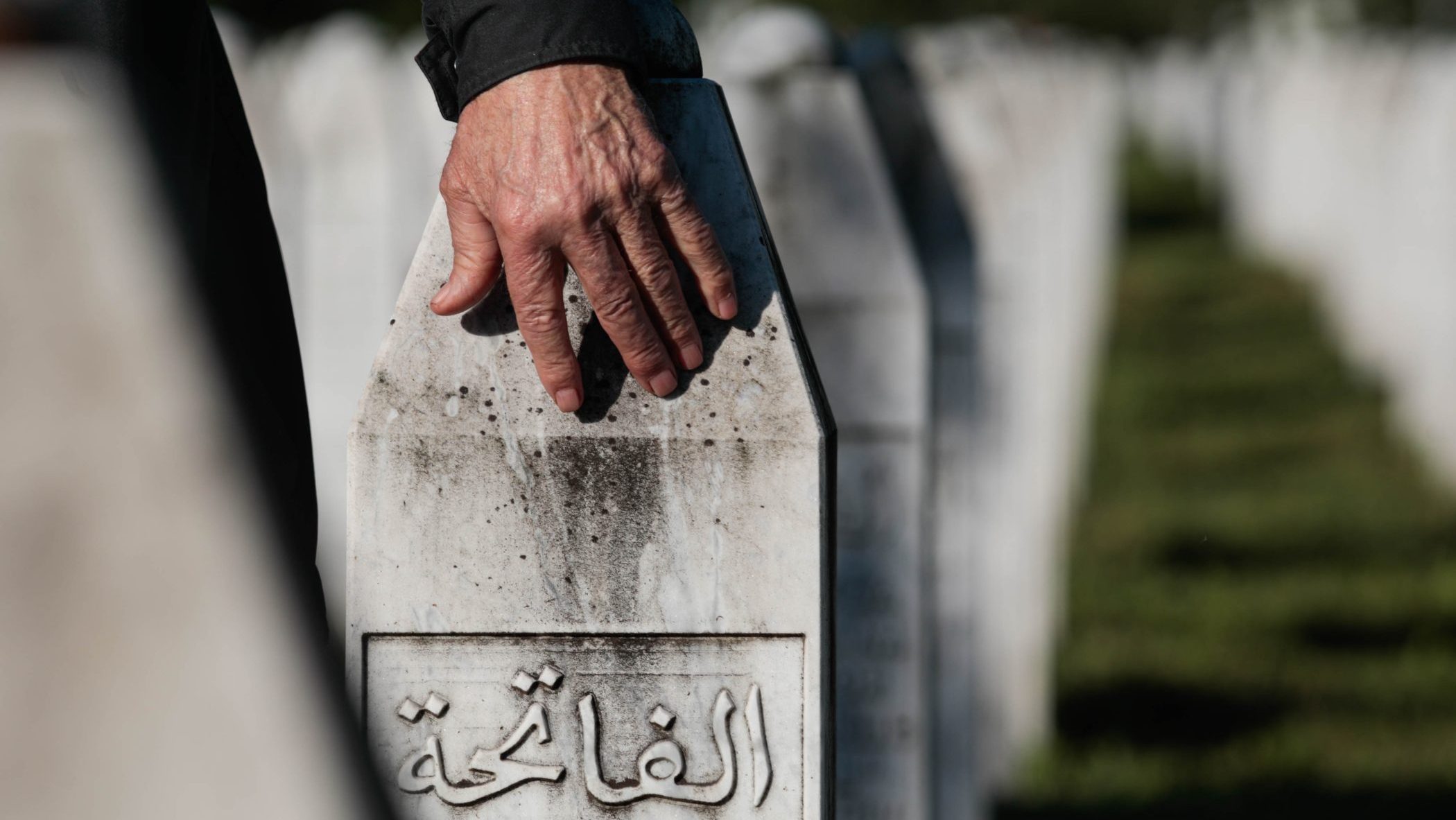This post is also available in: Bosnian
 Gravestones at the Memorial Center in Potočari. Photo: EPA
Gravestones at the Memorial Center in Potočari. Photo: EPA
The Netherlands Potocari Compensation Commission sent its final report to the Mothers of Srebrenica organisation on the eve of the commemoration of the 29th anniversary of the genocide on Wednesday, saying that it has made 2,337 compensation payments for the deaths of 611 victims.
The Dutch Supreme Court ruled in July 2019 that the Netherlands was partially responsible for the deaths of around 350 Bosniak men who had sought safety in the UN compound in Potocari, near Srebrenica, but were then handed over to Bosnian Serb forces on July 13, 1995 and subsequently killed.
The court said that the Dutch Battalion acted illegally because it knew the men were in serious danger of being attacked or killed. Its ruling estimated that if they had been allowed to remain at the UN base, they would have had a ten per cent chance of survival.
The judgment meant that victims’ widows would be given 15,000 euros in compensation and other surviving relatives would get 10,000 euros.
In 2021, the Netherlands Compensation Commission Potocari opened an office in Sarajevo and a website to allow the relatives to file their compensation claims.
From June 15, 2021 to June 15, 2023, relatives of genocide victims could submit requests for compensation.
The commission received more than 8,000 requests for compensation, which concerned a total of 2,690 victims.
The total amount of payments so far has not been announced. In June 2023, it was approximately 12 million euros after 1,145 applications had been approved.
Kada Hotic from the Mothers of Srebrenica said the compensation was only grated because the organisation sued the Dutch government and defence ministry.
“We managed to prove that the Netherlands participated in this genocide because they admitted responsibility. This is important for the state of Bosnia and Herzegovina, but the money is minimal,” Hotic said.
Hotic said she received compensation for her husband who was killed in the genocide, but not for her son.
“About my son, they told me that he wasn’t there , that he was seen in another place and that they heard that from other people,” she said.
The Dutch Supreme Court judgment made a distinction between people who were inside the compound and those who were outside it.
According to the Commission’s report, the right to payment was extended to victims who were not on the original victim list of 350 people.
“The relatives then had to prove that their deceased family member was at the UN base on July 13, 1995. As a rule, this is done by submitting eyewitness statements,” the Commission said.
The report also stated that the Commission was aware that asking for detailed statements from eyewitnesses could be a great emotional burden.
“The terrible events in Srebrenica left deep traces on all the survivors,” it said.


